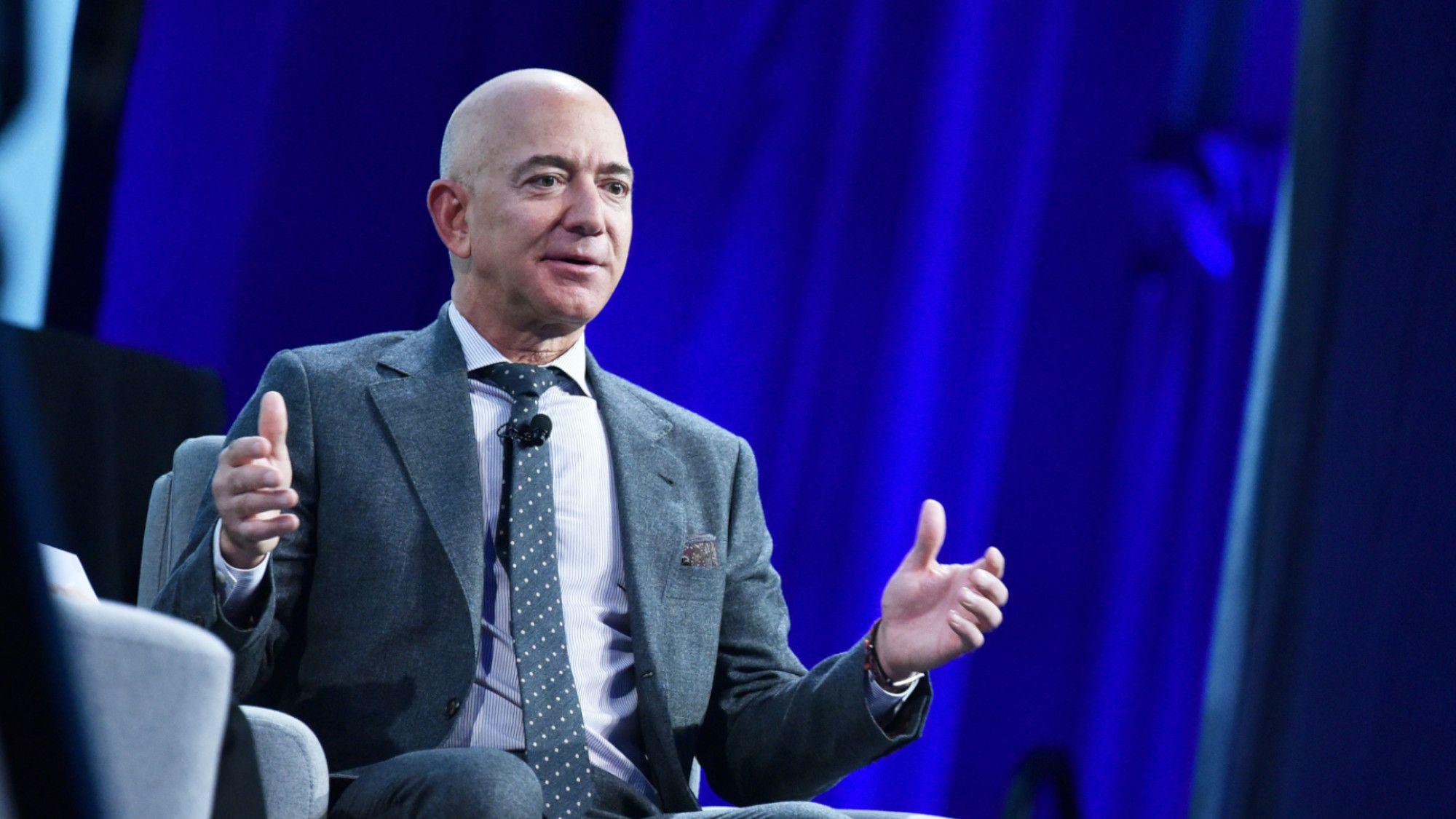- Jeff Bezos returns with a majority-funded startup, Project Prometheus
- High-profile recruits demonstrate aggressive attempt to accelerate development from day one
- It targets manufacturing systems in the IT, vehicle and aerospace industries.
Amazon founder Jeff Bezos is preparing to return to an operational role through Project Prometheus, a startup that will apply artificial intelligence to industrial manufacturing.
The move marks Bezos’ first official leadership position since leaving Amazon in 2021, although he has remained active in areas related to Blue Origin, his space rocket company.
The Prometheus project already has nearly a hundred employees, from groups such as OpenAI, DeepMind and Meta, and has attracted considerable attention due to its scale and recruitment strategy.
Prometheus Project
Reports indicate that the Prometheus project aims to operate in sectors where computer systems, vehicles and aerospace equipment require complex engineering processes.
It enters the market with an investment of $6.2 billion, placing it among the strongest startups in terms of available capital, and Bezos will serve as co-CEO alongside Vik Bajaj, a scientist with previous experience at Google X and Verily.
Their shared role suggests an attempt to combine financial influence and technical oversight.
Although the startup has not released a detailed roadmap, available information hints at a plan to integrate AI tools into heavy industrial workflows.
The company says this approach will support the design and production of advanced hardware, including systems relying on CPUs and GPUs for high-load computing tasks.
The organization operates in a sector which already welcomes many players pursuing similar ambitions.
Large technology companies have expanded their research into artificial intelligence, while new entrants continue to emerge with narrower specialties.
Project Prometheus has remained low-key, providing limited clarity on its geographic base or long-term operational framework.
The focus on cars, computers and spacecraft connects it to areas where automation and simulation have become the norm.
The strategy aligns with Bezos’ long-standing interest in space travel, but the company has not provided public confirmation of timelines, partnerships or manufacturing goals.
That said, the scale of the funding raises questions about the expectations driving the project.
A company of this size will come under scrutiny if it fails to produce measurable results in a timely manner.
The presence of high-level hires can create pressure to demonstrate rapid progress, even though complex engineering projects typically move slowly.
At the time of writing, it is unclear to what extent the current plan reflects technical feasibility rather than ambition.
Via the edge
Follow TechRadar on Google News And add us as your favorite source to get our news, reviews and expert opinions in your feeds. Make sure to click the Follow button!
And of course you can too follow TechRadar on TikTok for news, reviews, unboxings in video form and receive regular updates from us on WhatsApp Also.




